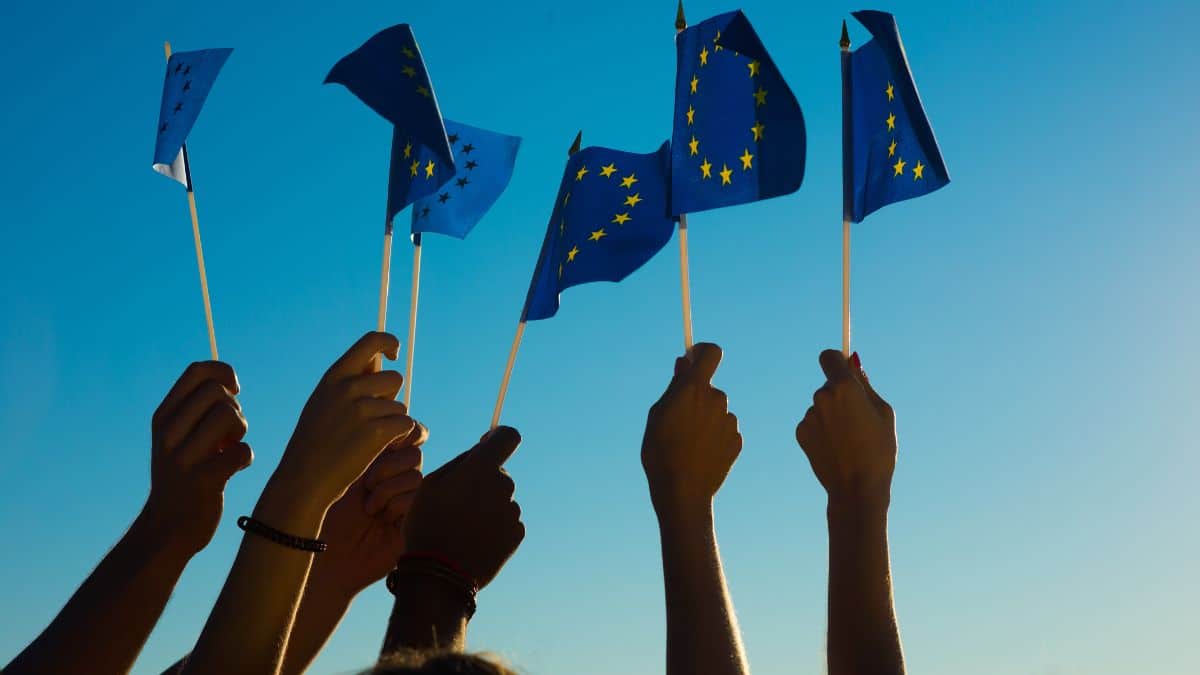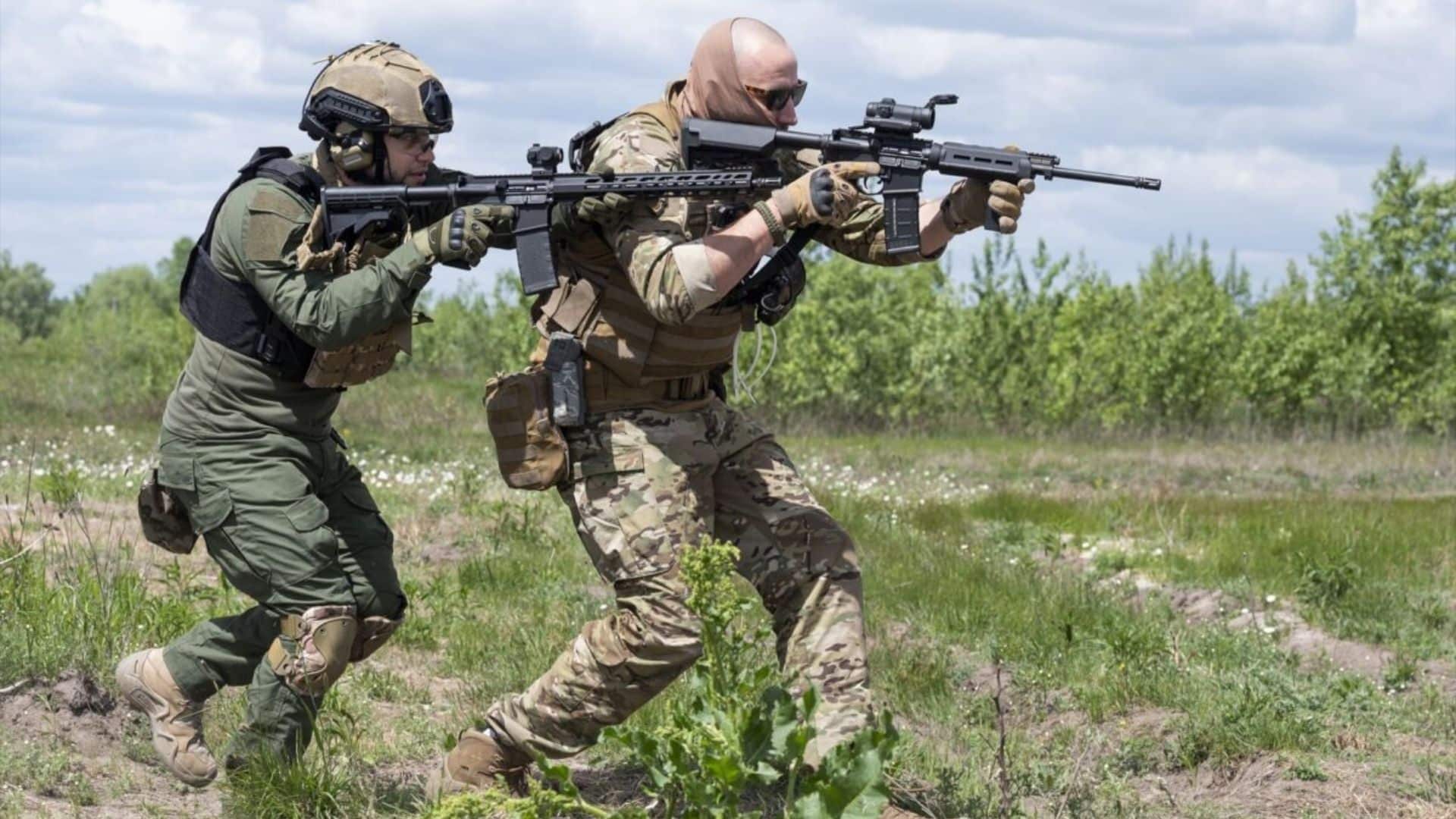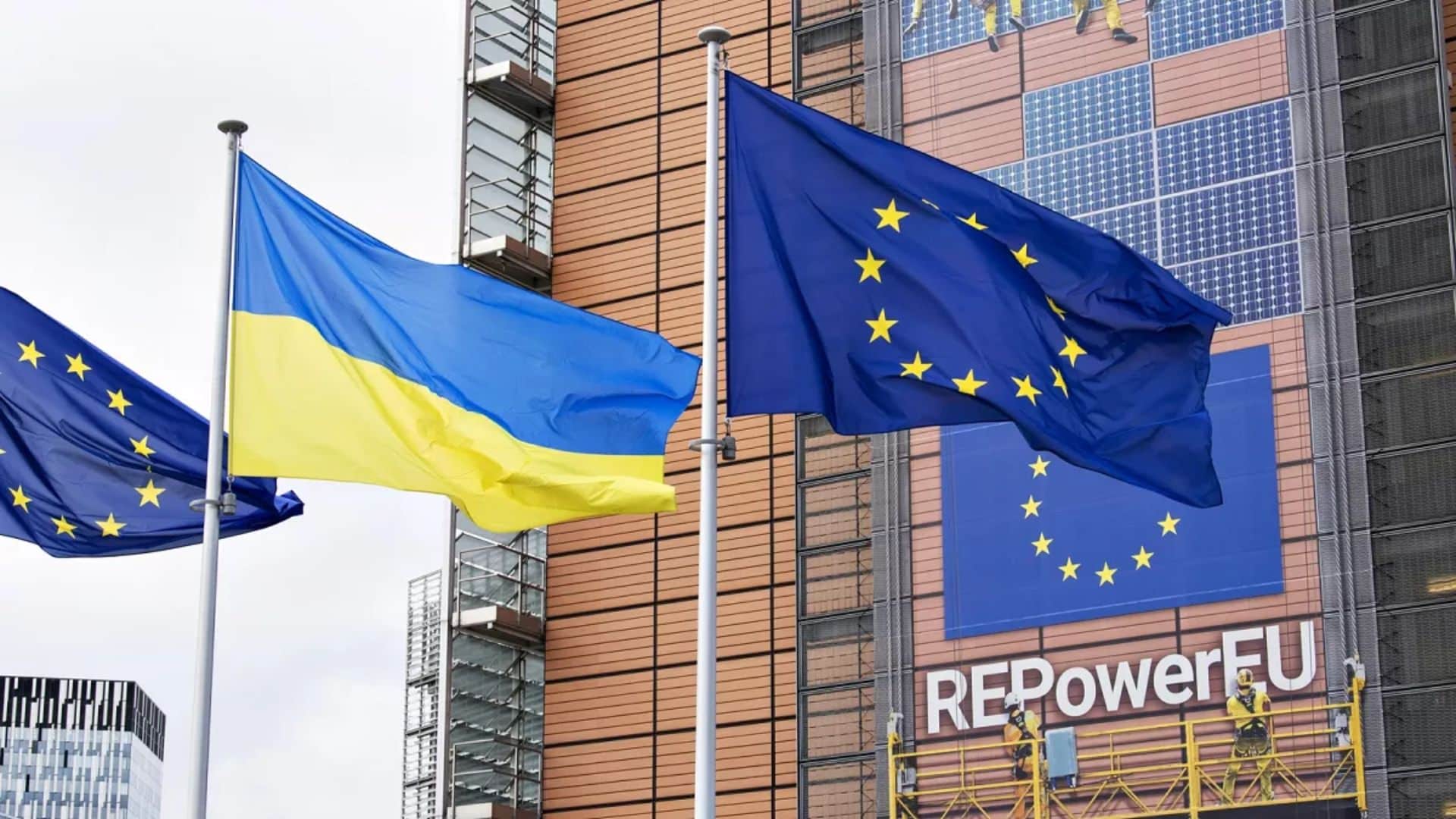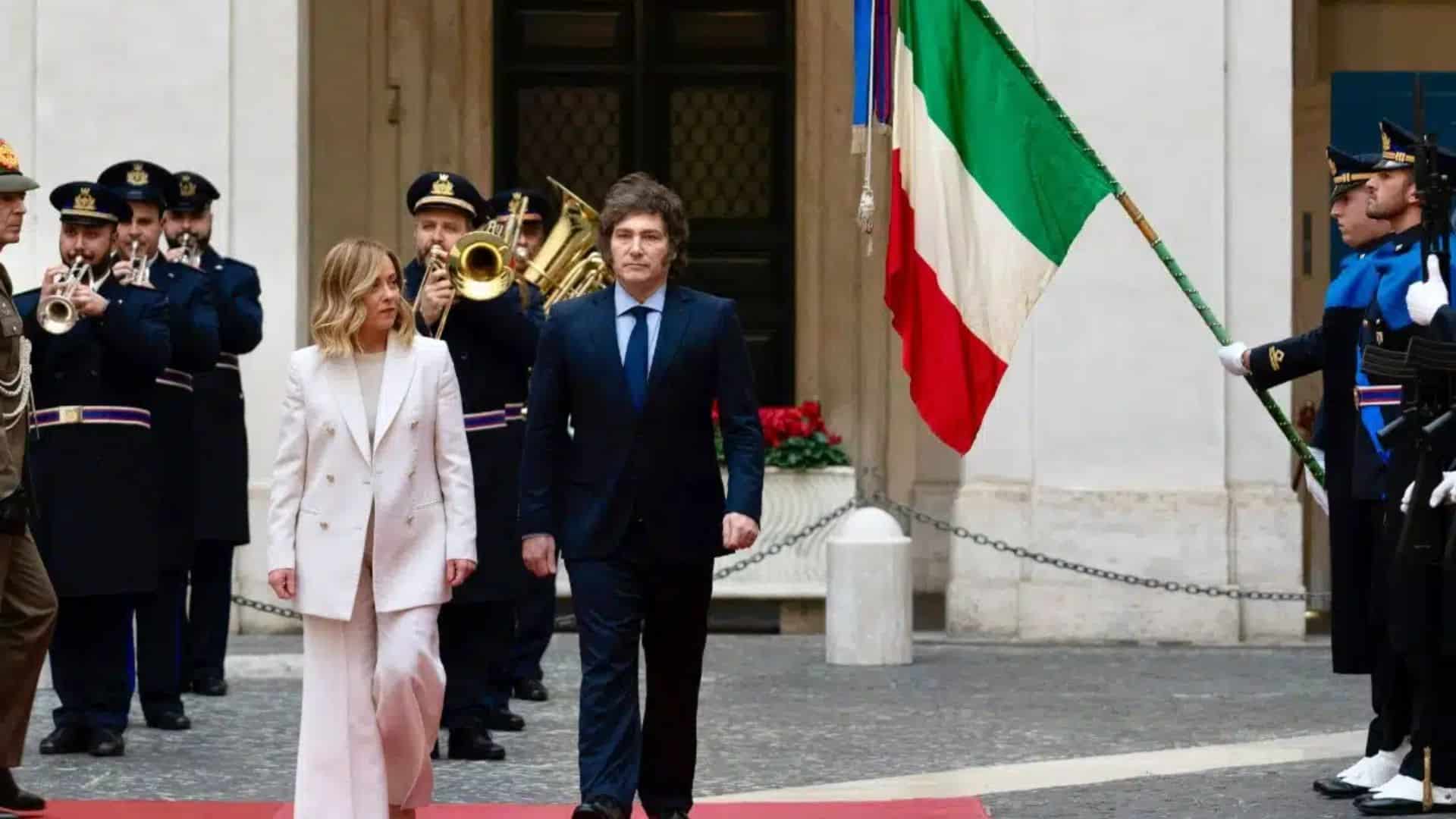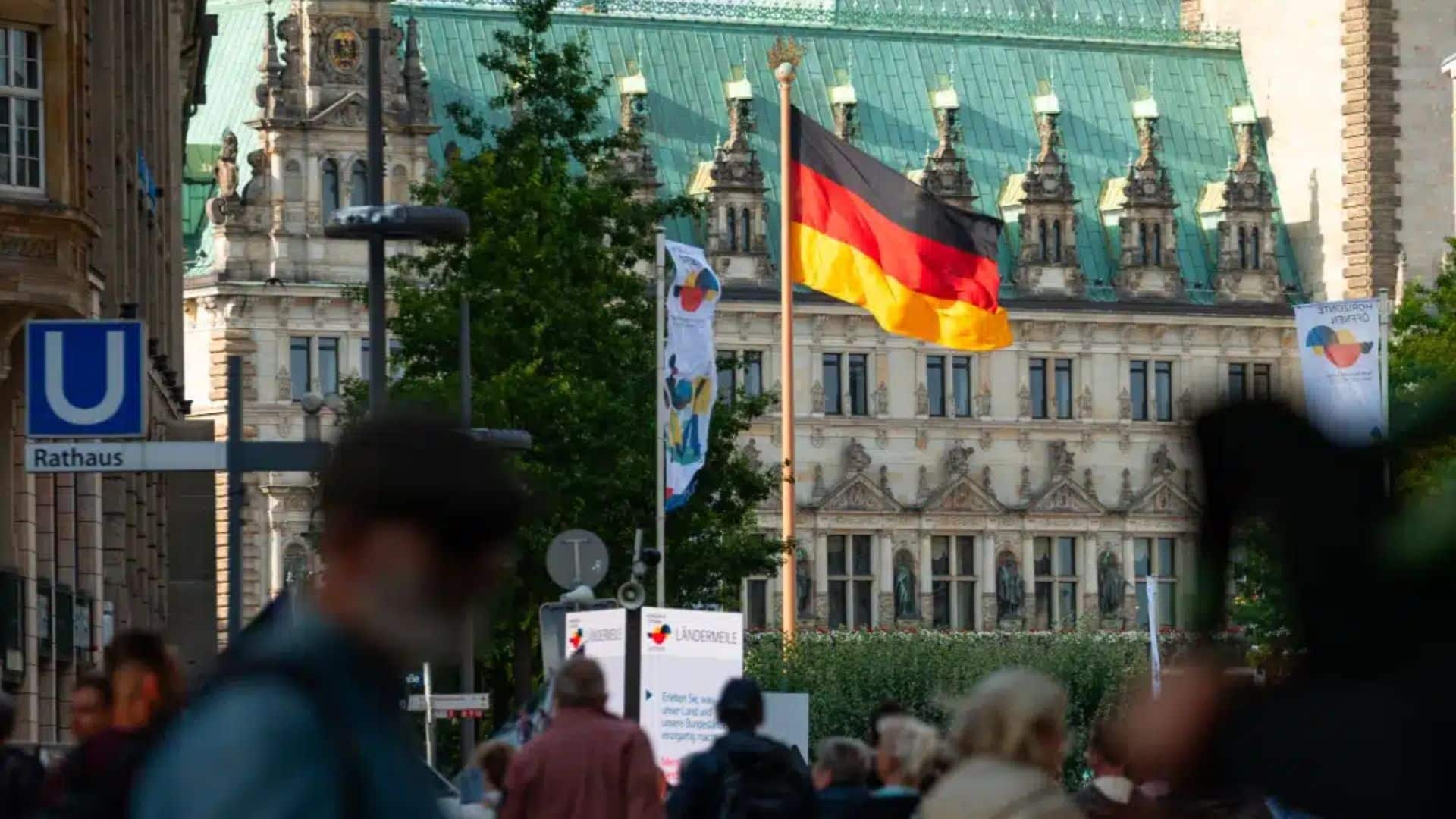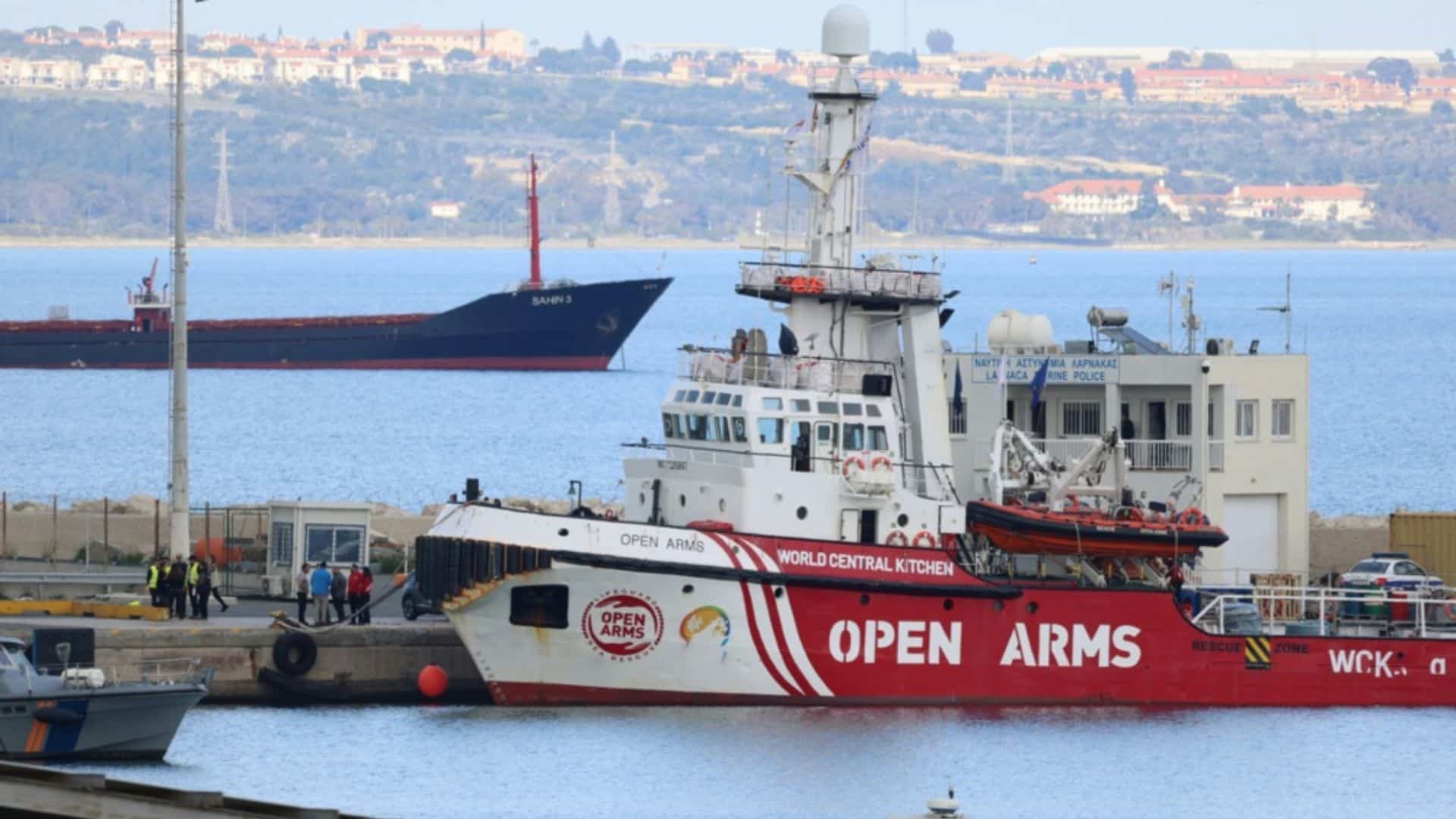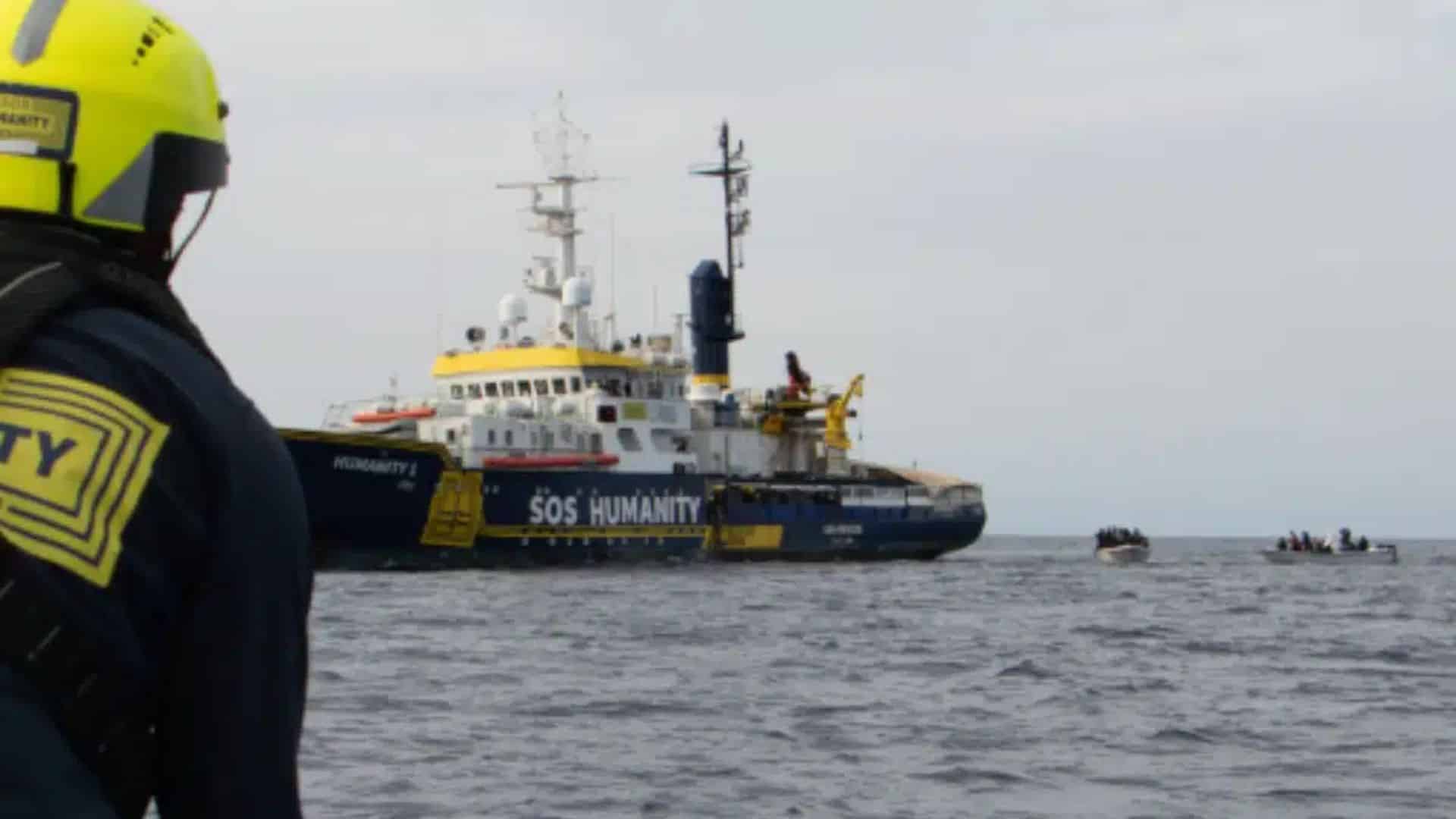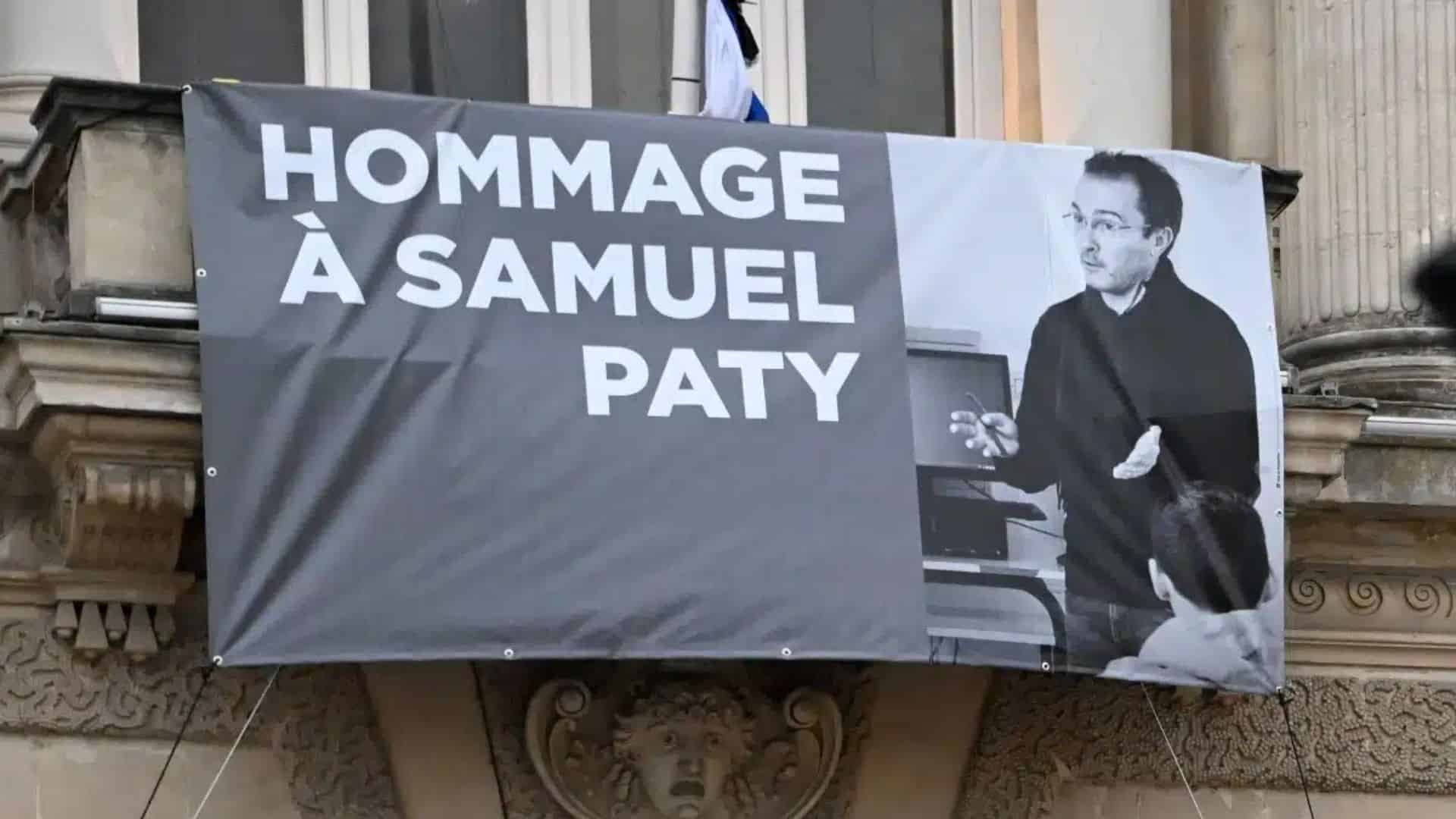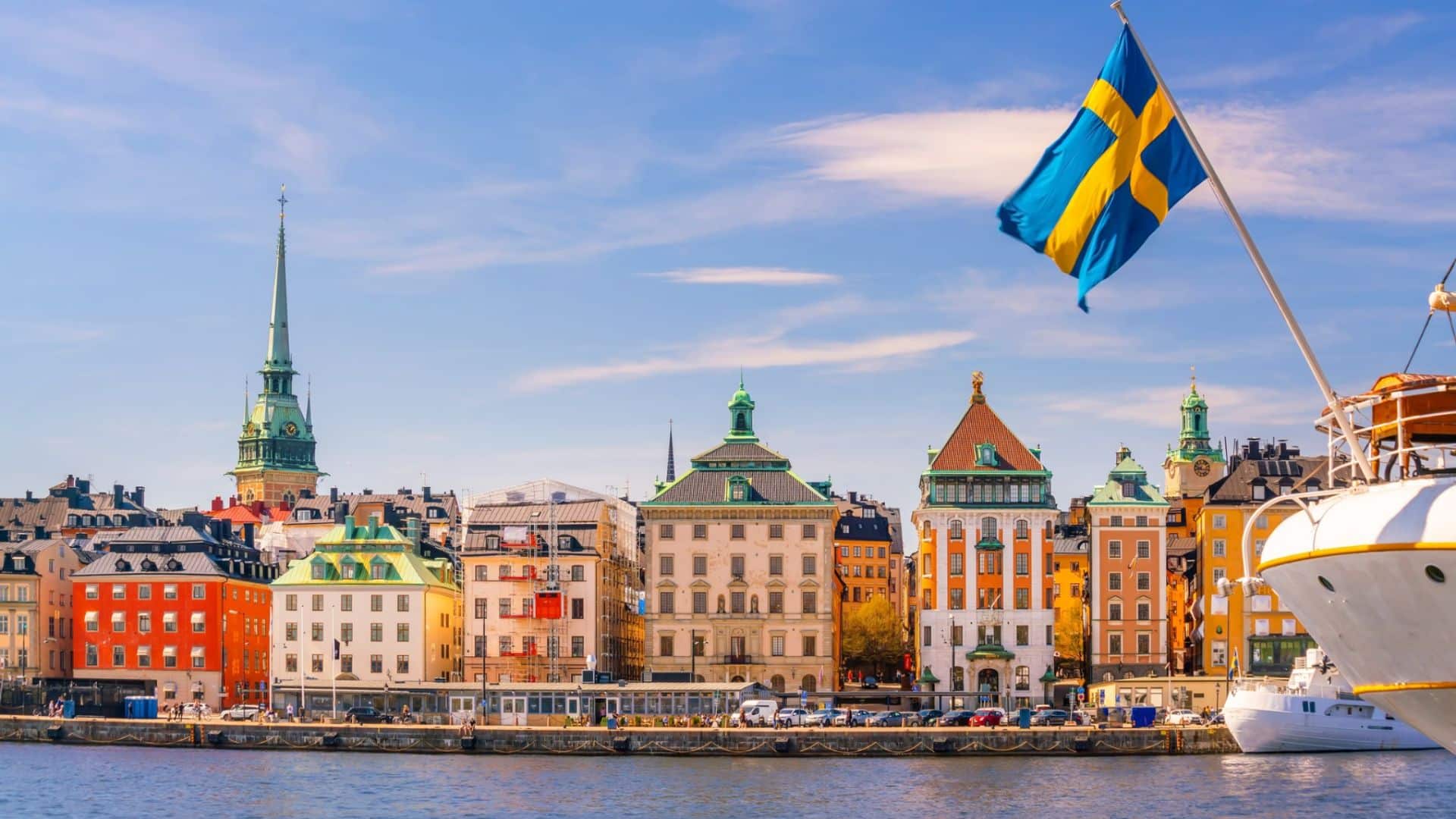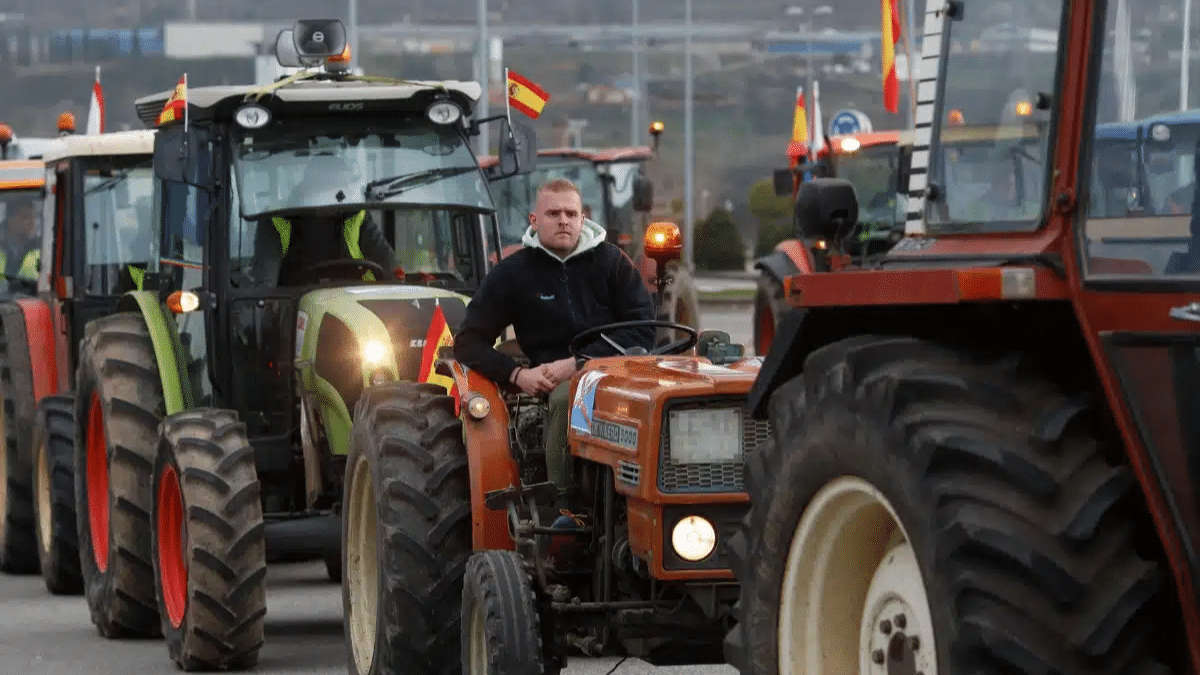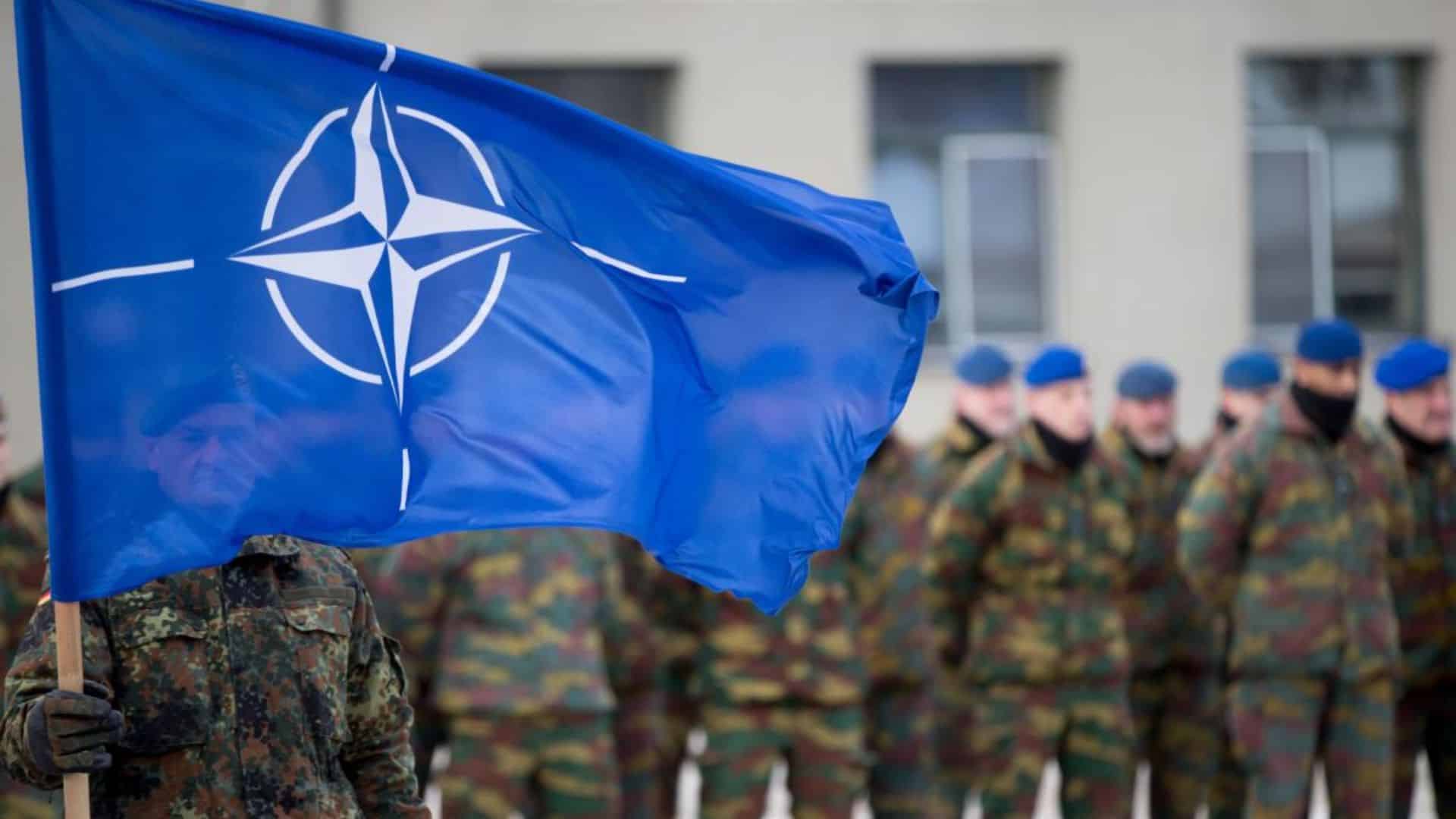
Rethinking the European Army to deter the ‘Russian threat’
Last January ended with an alarming piece of confidential information obtained by the German daily Bild citing European intelligence sources: Russia could launch an attack against Europe during the winter of 2024-2025 if the United States were to experience a leadership crisis after the November elections and find itself “leaderless” after the U.S. presidential election in 2024.
The sensational headline has, to some extent, come to nothing after it became known that the operation would be but one of thousands of scenarios run by the militaries of any country in the world, and Pentagon sources downplayed the significance of the finding. But this has not reduced the tension in Europe.
In late January, the British Chief of the General Staff, General Patrick Sanders, publicly warned that the British people must get used to the idea of taking up arms in a war against Putin’s Russia, calling the young population a “pre-war generation“. Days earlier, Carl-Oscar Bohlin, Sweden’s Minister of Civil Defense, had told a stunned audience that “war could come to Sweden” and that the small Nordic nation of 10.4 million people needs to prepare itself. And fast.
The Russian invasion of Ukraine has put the whole of Europe -or, at least, its political leaders- on a war footing. The countries of the European Union are becoming increasingly aware that the threat is real, and that the happy days when they could devote a meager part of their budget to defense are coming to an end.
Europe can still count on the NATO umbrella, of course. But precisely the war in Ukraine has made it painfully clear that the objective interests of the allies are not necessarily aligned. The time seems nearer every day when Washington, with its eyes on the South China Sea and its attention focused on the Middle East conflict, will disengage from Ukraine and leave Europe with the task of dealing with the difficult situation on its own continent.
On the other hand, the survival of NATO prevents the European Union from becoming a relevant global player in proportion to its economic weight. The EU cannot have a foreign policy of its own without a defense policy of its own. And to achieve this, in order to have a defense policy focused exclusively on European interests and which is not a mere sidekick of U.S. interests, Europe needs its own army.
When Emmanuel Macron became French President five years ago, he proposed a European Defense Force as a counterweight to the Atlantic Alliance. At the time, the proposal provoked obvious tension between the French leader and the then American President, Donald Trump, as well as a rapprochement with the German Chancellor, Angela Merkel. The matter did not go much further, the threat posed by Trump in the minds of European leaders disappeared and then the Russian invasion of Ukraine forced Macron’s plans to be discarded altogether for the time being. But it was resurrected just under a year ago, when the war on the continent – and, above all, the sanctions – had already shown evidence of proving ruinous for Europe and not going to end anytime soon.
Thus, in March last year, the ‘Strategic Compass’, a security plan for Europe, was presented during the French rotating presidency of the European Union. “Russia’s war of aggression constitutes a tectonic shift in European history. The EU is more united than ever in the face of Russia’s unprovoked and unjustified military aggression against Ukraine,” the document reads.
The Strategic Compass, which envisages a single command for EU troops, aims to build a powerful military-industrial structure that can spring into action when and where collective or even individual interests may be threatened. Critics of the ‘european army’ consider the idea nonsensical, arguing that one cannot merge national forces with their own histories, models and traditions that, moreover, embody national sovereignty.
But the objections fail to completely kill the project, which is back on the agenda. With the excuse of the ‘Russian threat’ it is likely that some form of “Euro-force” will again be discussed in earnest. Concentrating Europe’s isolated weak armies into a single strike force could be very suggestive, and indeed Norway, Denmark, Sweden and Finland have already decided to combine their air forces under a unified command.

